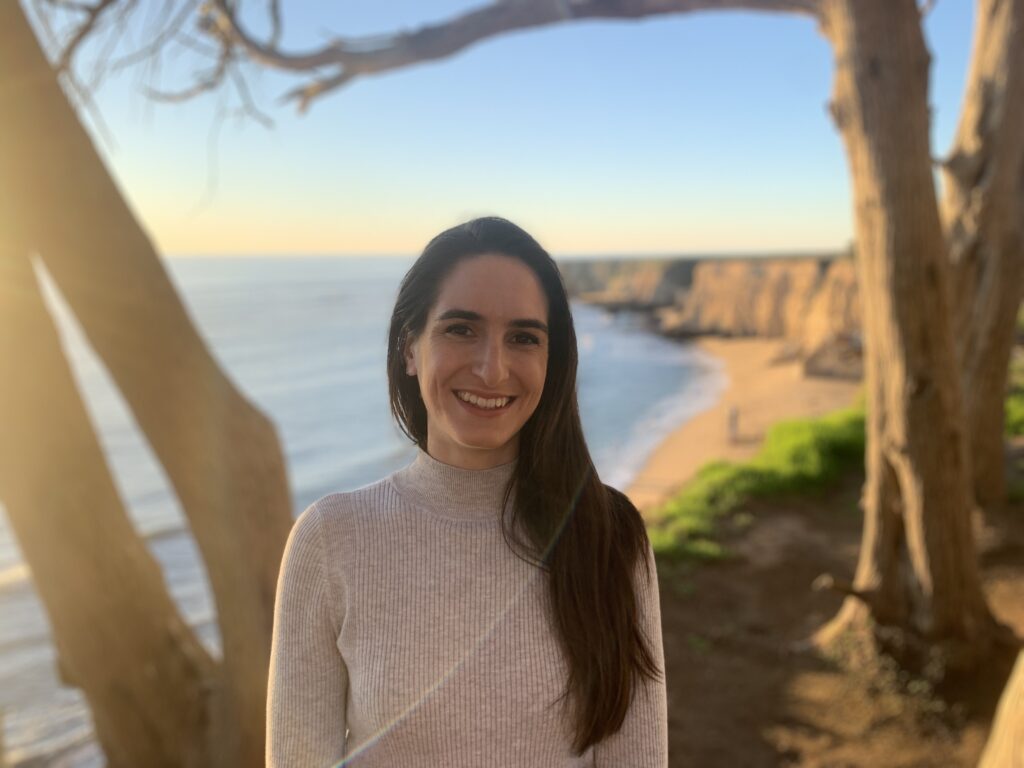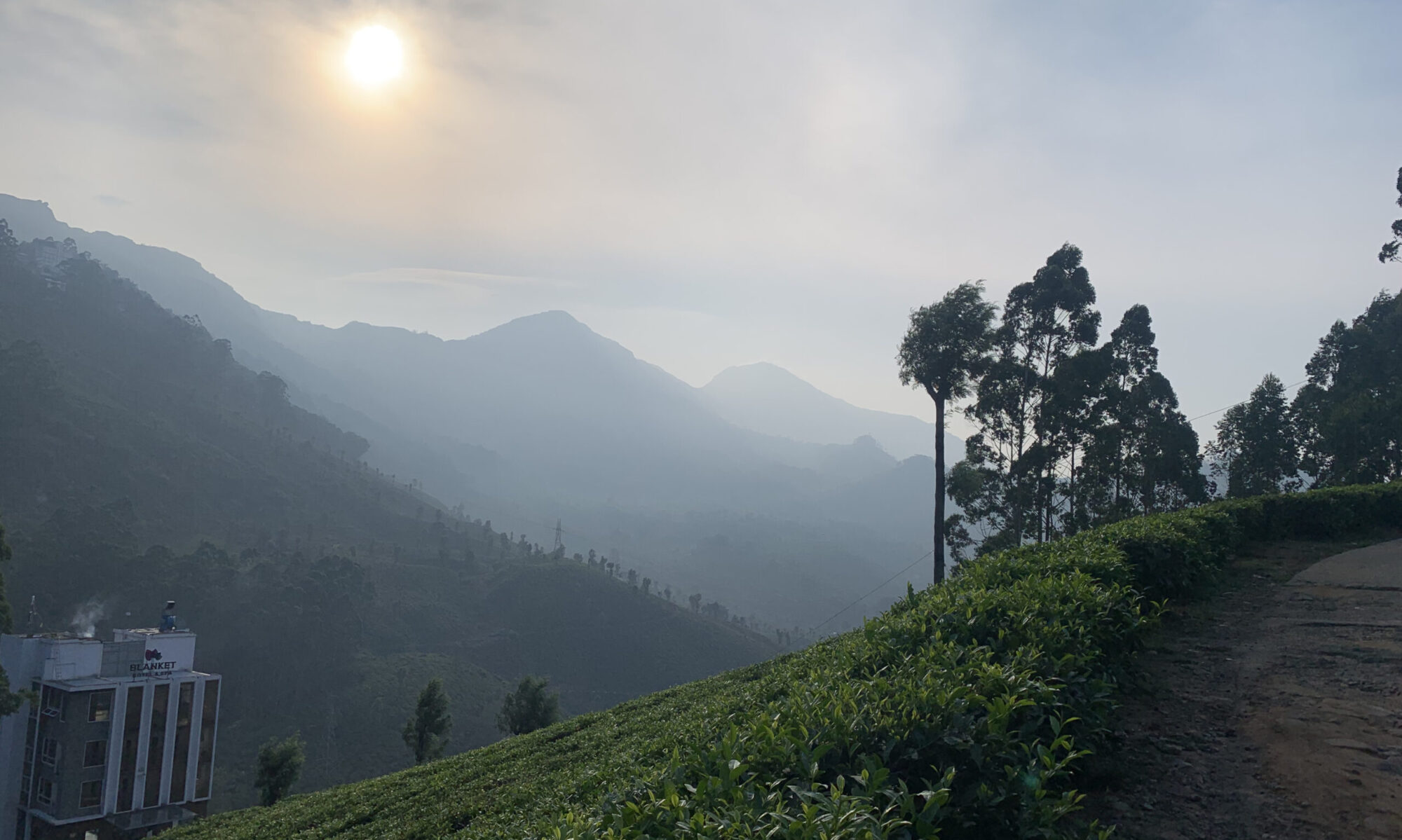Peer-Reviewed Papers
Bridging the Gulf: How Migration Fosters Tolerance, Cosmopolitanism, and Support for Globalization (with Nikhar Gaikwad and Kolby Hanson)
American Journal of Political Science
Immigration has been shown to drive ethnocentrism and anti-globalization attitudes in native-born populations. Yet understanding how global integration shapes intercultural relations also necessitates clear evidence on how migration affects the attitudes of migrants. We argue that migration can foster tolerance, cosmopolitan identities, and support for international cooperation among migrants who experience sustained contact with other cultural groups. We evaluate this theory with the first randomized controlled trial resulting in overseas migration, which connected individuals in India with job opportunities in the Persian Gulf region’s hospitality sector. Two years after the program began, individuals in the treatment group were significantly more accepting of ethnic, cultural, and national outgroups. Migration also bolstered support for international cooperation and cultivated cosmopolitan identities. Qualitative and quantitative evidence links these changes to intercultural contact overseas. By focusing on migrants rather than native-born individuals, our study illustrates how cross-border mobility can facilitate rather than undermine global integration.
Can Party Elites Shape the Rank-and-File? Evidence from a Recruitment Campaign in India (with Saad Gulzar, Sarah Thompson, and Durgesh Pathak)
American Political Science Review
Recruiting a large number of ground workers is crucial for running effective modern election campaigns. It is unclear if party leaders can shape the quality and quantity of the unpaid rank-and-file force as they can with prized nominations for candidates. We analyze a field experiment conducted by an Indian party that randomized recruitment messages reaching 1% of a 13-million person electorate to join its rank-and-file. Contrary to concerns that parties can only attract a few poor-quality volunteers, we show that elite efforts can shape the rank-and-file. In fact, specific strategies can increase the size, enhance the gender and ethnic diversity, and broaden the education and political skills of recruits. Recruitment strategies that signal gender inclusiveness have a lasting impact up to three years later across multiple campaign cycles. Taken together, this paper provides the first causal evidence that rank-and-file recruitment is an opportunity for elites to shape long-term party development.
Under Review
Do Multi-dimensional Quotas Improve Social Equality? Intersectional Representation & Group Relations (with Rachel Brulé)
Revised and Resubmitted at the Journal of Politics
Can quotas mandating descriptive political representation dismantle social hierarchy? Quotas are typically utilized to resolve gender hierarchies that result in women’s exclusion from political power. Yet social hierarchy is multi-dimensional. Mandating political inclusion on one identity (gender) may be insufficient. We posit that quotas mandating representation on two dimensions (ethnicity and gender) disrupt multi-dimensional hierarchy, improving inter-group relations beyond one-dimensional gender quotas. We analyze the causal effect of the world’s largest quota system, with quasi-random quotas for women, disadvantaged ethnicities, and women from disadvantaged ethnicities in India. Utilizing multiple datasets covering India since quota imposition, we find one-dimensional gender quotas temporarily lessen hierarchical barriers to inter-group interactions in public whereas one-dimensional ethnic quotas worsen interactions. However, two-dimensional quotas consistently diminish public and private hierarchy, durably improving inter-group relations. Suggestive evidence indicates this relationship travels globally. Our results demonstrate the necessity, and limitations, of using descriptive representation to improve social relations.
My Way and the Highway: Embedded Bureaucrats and Bargaining Over Land for Infrastructure
Infrastructure is crucial for economic growth, yet landowners often resist land acquisition for projects. Why do states struggle to acquire land? I argue that landowners, valuing their land highly, cannot commit to accepting state compensation without making further demands. Anticipating this, states offer low prices, leading to conflict. To test this theory, the paper uses embedded bureaucrats as a proxy for credible state-society commitments. Using a difference-in-differences design, results show that infrastructure project announcements increase protests by 25%, but embedded bureaucrats reduce conflict and project stalling. I explore three explanations for bureaucrats’ effectiveness: intra-elite collusion, responsiveness to landowners, and information gathering. Evidence suggests embedded bureaucrats facilitate elite collusion, stymieing resistance. This paper, therefore, makes explicit the role of social resistance in state-society bargaining failure. Findings highlight not only how different parts of the state shape public goods outcomes, but also how society can constrain the choices of the state.
Bringing Autocracy Home? How Migration to Autocracies Shapes Migrants’ Support for Democracy (with Nikhar Gaikwad and Kolby Hanson)
Prior scholarship finds that migrants embrace democratic ideals and promote democracy back home. However, this work focuses on migration to high-income Western democracies. How does moving to autocracies shape migrants’ democratic attitudes and behavior? Leveraging a field experiment facilitating migration from India to the Persian Gulf, we isolate the causal impact of migration on migrants’ political preferences. Migrants exhibited significantly higher trust in Indian democratic institutions and greater political participation—except for voting, which is difficult from abroad. Additionally, they were no more willing to trade democracy for economic growth than control-group subjects. Migrants’ political preferences stem from comparing their experiences under democratic and autocratic governments. Our findings suggest that migrants develop intrinsic preferences for democratic institutions, which outweigh any instrumental preferences for economic development. This study sheds light on how migration to autocracies shapes politics in sending regions and clarifies the mechanisms by which migration shapes democratization more generally.















